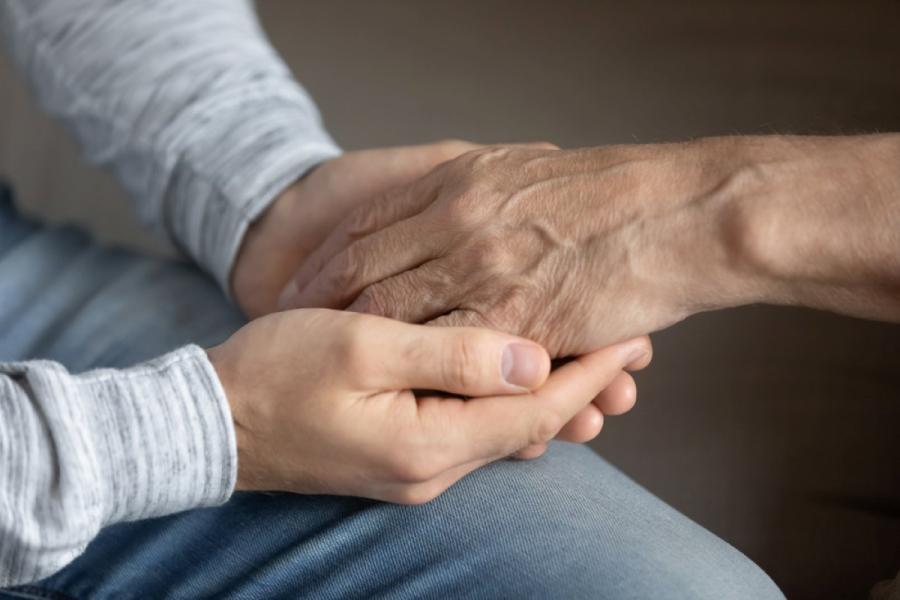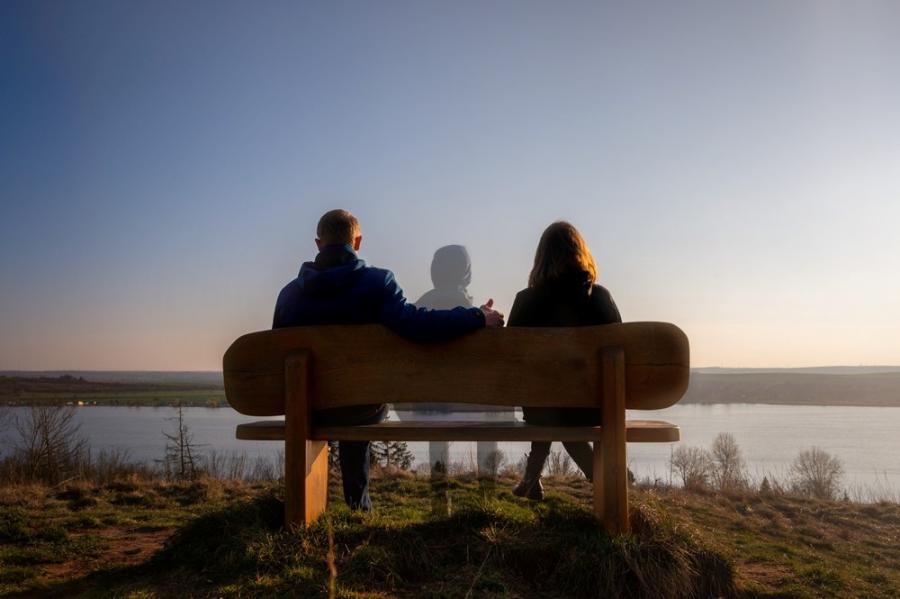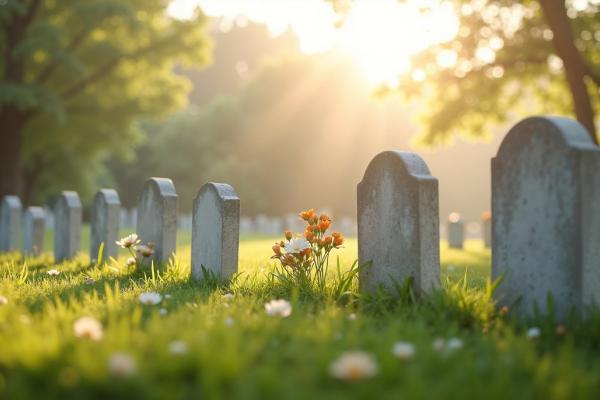
What to do when a relative dies. Arrangements and advice
The feelings of grief when a loved one passes away are compounded by the necessity to carry out certain administrative processes which can seem overwhelming at such a difficult time. To help you with the process, Áltima will explain in detail what to do when a family member dies.
What are the first steps to take after the death of a family member?
When a loved one dies, there are many procedures to complete. It can be difficult to deal with them if we do not know exactly what is required from us. Please read on to learn about the steps that should be followed.
Obtaining the death certificate
The first thing to do if a relative dies at home is to call the emergency services so that a doctor can certify the death. If the death occurs in a hospital, a doctor will certify the death.
In either case, the family will be given a medical certificate of death, which can then be used to initiate the next steps to be taken after the death of our loved one. This document will state the date and place of death and the DNI of the deceased, as well as copies of the DNI and the family book of the person requesting the certificate, so that their relationship with the deceased is recorded.
Calling the funeral company to coordinate the necessary funeral services
Once the death of the deceased has been certified by a doctor, the next call must be made to the insurance company, if your loved one had a death insurance policy.
Next, the funeral company should be contacted. If there is no insurance company involved, this should be dealt with directly by the family.
The relatives will have to choose the company to organise the transfer of their loved one and the planning of the wake, which will have to be coordinated with the funeral home.
Registering the death at the Civil Registry
The next compulsory legal procedure is to register the death at the Civil Registry within 24 hours of the death of a loved one.
If the death took place in a hospital, the hospital staff will take care of this procedure.
To complete this step, it is necessary to have the medical certificate of death and a photocopy of the DNI or passport of the deceased person. You also need to fill in the official application form.
This procedure is quick because the registration is compulsory in order to obtain either the burial licence or the authorisation for cremation, as the case may be. Until this step has been completed, the funeral of your loved one cannot take place.

Organising the wake and funeral
After the burial or cremation licence has been obtained (once the choice between cremation or burial) has been made), the family can arrange for the funeral service to be held.
When deciding on these services, it is important to take into account the wishes of the deceased person, which may have been recorded in their will.
Choosing the coffin or urn, deciding on the type of ceremony and arranging additional services such as floral arrangements, a gravestone or obituary are all decisions that form part of this phase. Having a company that offers a high level of personalisation of its funeral services and which also provides us with the right advice during this time can make things a lot easier.
How to deal with legal and financial arrangements after a death
Families also have to deal with certain legal and financial arrangements following the death of a loved one, which can vary from case to case. What should be done when a person dies?

- Notify Social Security to remove the deceased from their system within a maximum period of 30 days after the death. It will be necessary to provide the death certificate.
- Obtain the certificate of last will and testament to certify whether our relative has left a will and in the presence of which notary. To request this, at least 15 days must have elapsed since the death.
- Request a copy of the will (if there is one) from the corresponding notary, providing a copy of the death certificate and the certificate of last will and testament.
- Settle taxes in the event of accepting the inheritance. There is a period of six months after the death to pay Inheritance Tax, as well as other taxes if the inheritance includes property.
It may also be necessary to arrange life insurance, register the inherited assets in the Land Registry, apply for bank balance certificates, apply for a widow's or orphan's pension, etc.
Practical advice for choosing the right funeral service after a death
One of the most important things to do when a relative dies is to choose a funeral company. How do you choose the right funeral services?
- Compare a number of options to find out about the quality of funeral services.
- Choose a company that offers you the most personalised funeral services possible, so you can choose the ones you would prefer.
- Ask for a personalised quote for the services you want to use.
- Ask the funeral company any questions you may have.
- Choose a company that will take care of the legal procedures.
- Select the services with your loved one's wishes in mind.
When a loved one dies, making the right choice in terms of funeral services is essential for the peace of mind of the family at this sad time.


